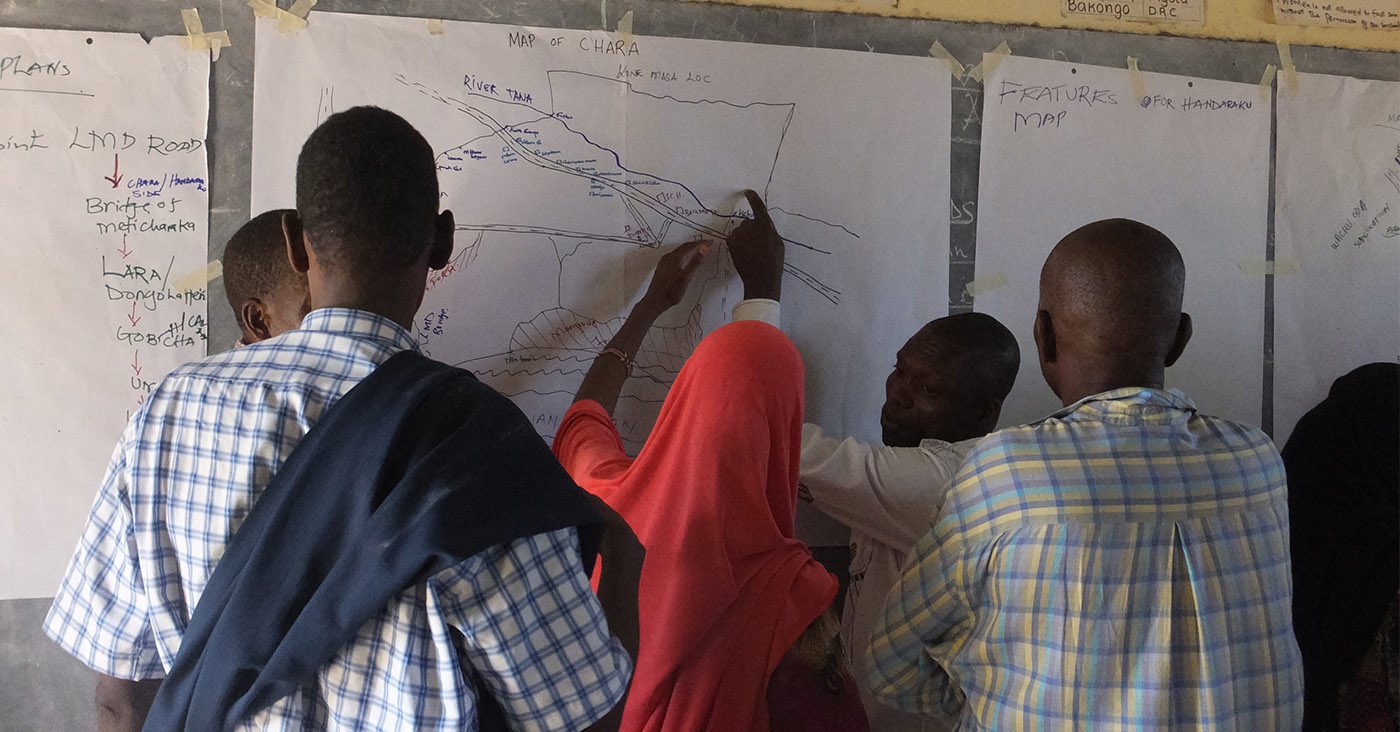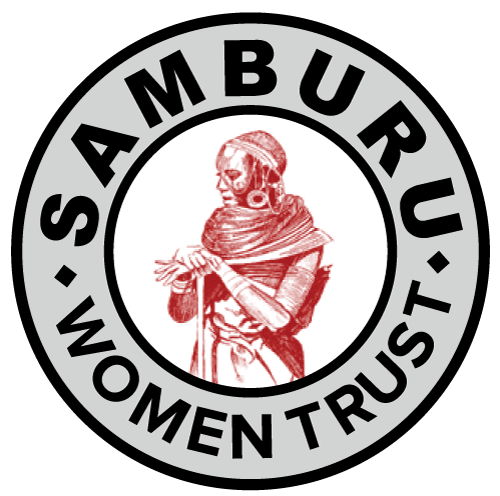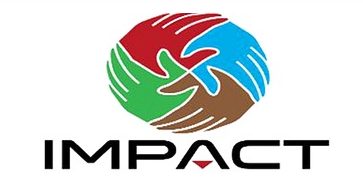In 2019, Namati and our partners supported 11 communities — representing at least 28,000 people and 150,000 hectares of land — to fulfill the requirements of the Act and submit their registration applications to the Kenyan Government.
Each of the communities adopted detailed bylaws to guide local land management and governance and establish how they will deal with investors and other outsiders who want to acquire their land.
Many of the rules they created include rights protections for women, youth, and other marginalized people — often for the first time. The communities also elected committees to manage the routine affairs of the communities’ land and natural resources. In the past, this was strictly the purview of male elders. Now, the committees include women and youth, ensuring that all people have a voice in decision-making.
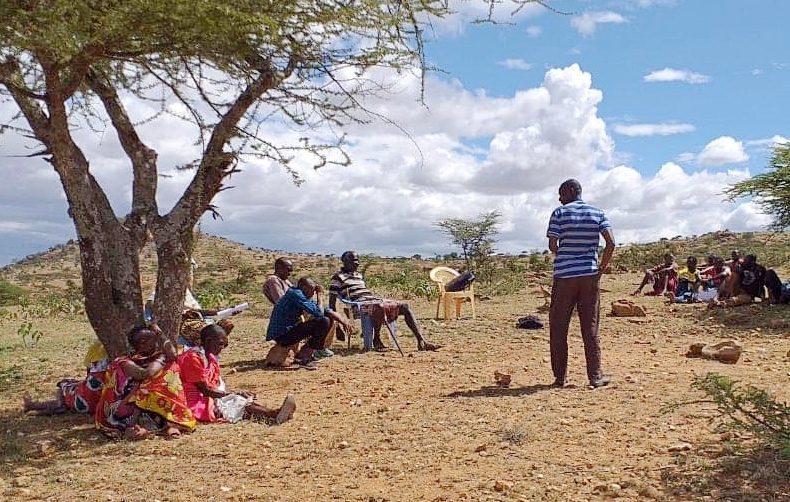
Members of Musul community in Laikipia County break into small groups to discuss community bylaws. Photo credit: IMPACT
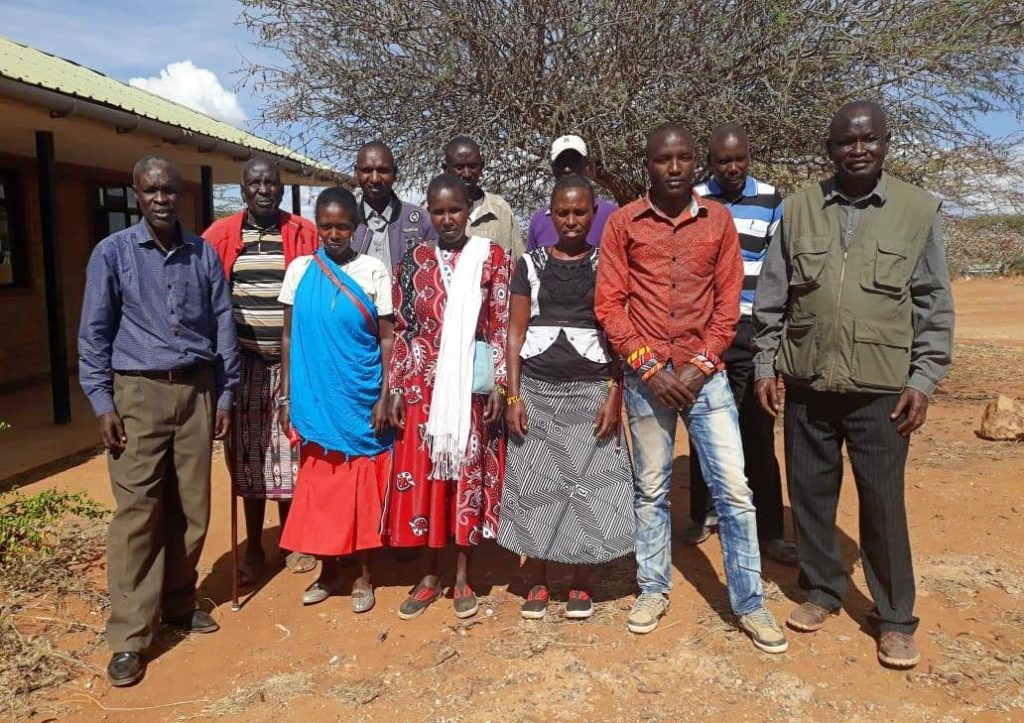
Eleven of the fifteen members of Musul’s Community Land Management Committee after a training on the Community Land Act in May 2019. Photo credit: IMPACT
By mid-2019, the 11 communities were ready to submit their applications to the county land registrars, as stipulated under the law. But there was a problem: despite three years having passed since the law’s passage, the government had yet to put the necessary staff in place.
To put pressure on the government to respect the law and their rights, over 60 representatives from the communities travelled to Nairobi and marched to the Ministry of Lands. They called on the government to accept and process their applications in a timely manner and further, to deploy appropriate personnel to each of Kenya’s counties.
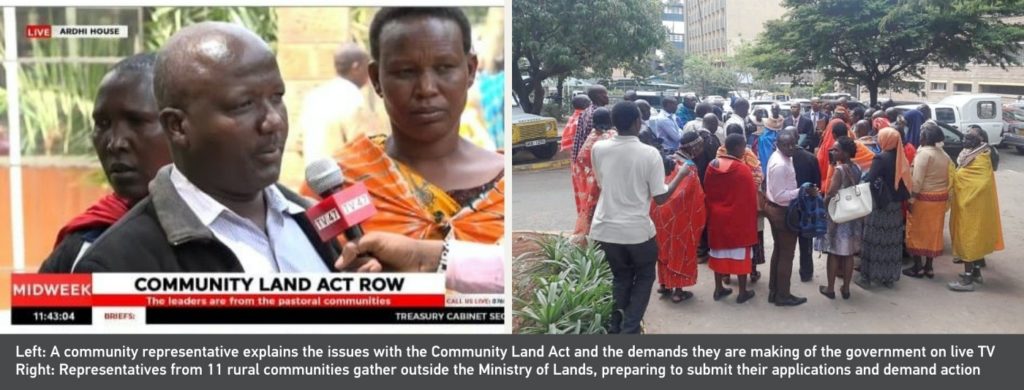
Several weeks after this July march, the government set up a working group tasked with supporting the widespread implementation of the law. Despite this progress, the government did not live up to its commitment to process the 11 communities’ applications. In response, a small group of representatives travelled back to Nairobi in October and once again marched to the Ministry to follow up on their applications. The march was covered on national TV.
Finally, in late 2020 — more than a year after the applications were submitted — one of the eleven communities received their title deed. It was only the second community in Kenya to have secured this legal recognition, and the first to do so using a legal empowerment approach.
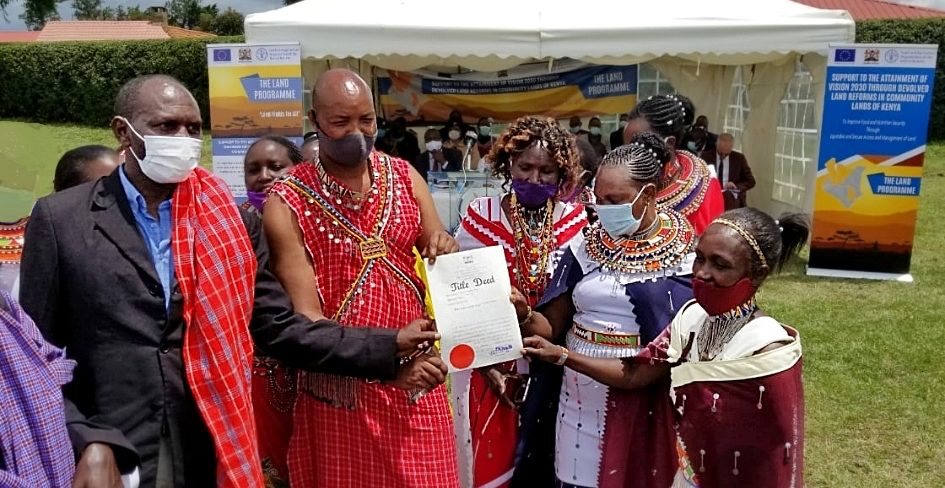
Residents of Musul receive the title deed to their community land at a ceremony in October 2020. Photo credit: IMPACT
While the COVID-19 pandemic prevented paralegals from working with new communities in 2020, Namati and our existing community partners continued to push for the processing of applications and work to address systemic barriers that prevent the law from being implemented at scale. We wrote blogs, published op-eds, and, as a follow up to the demands the community representatives made at the Ministry of Lands, circulated a petition, signed by over 300 civil society activists, calling for the immediate deployment of requisite personnel. The government responded, sending land registrars and other staff to the 24 counties in Kenya that have significant amounts of community land. For the first time, registration at the local-level became possible.
In addition to our ongoing advocacy efforts, Namati devoted much of 2020 to developing and publishing resources to support communities, civil society organizations, and the Kenyan government to carry out their roles and responsibilities under the Community Land Act. Our Facilitator’s Guide was officially endorsed by the country’s Ministry of Lands.
Our Plans for 2021
In 2021, we are supporting our partners to begin to scale-up their work: each partner has begun working with 7-10 new communities to meet the requirements of the law. Although these efforts look somewhat different due to COVID-19 precautions, we are confident that with creativity and flexibility we will achieve similar results.
In the coming months, we will also begin a new pilot program in close collaboration with a county government. Together, we will carry out a major public awareness campaign on the law and deploy paralegals to respond to community requests for support in fulfilling the registration requirements. The goal is to develop and test a legal empowerment approach that could be easily adopted by local governments and implemented at scale.
Throughout the year, our coalition will be drawing on our grassroots experience to seek systemic solutions to two key challenges: 1) ensuring that the process of developing community governance structures is inclusive and equitable everywhere — even when our paralegals are not present, and 2) ensuring that communities can define their own land claims, and are not pre-empted or confined by a technocratic, state-driven demarcation process.
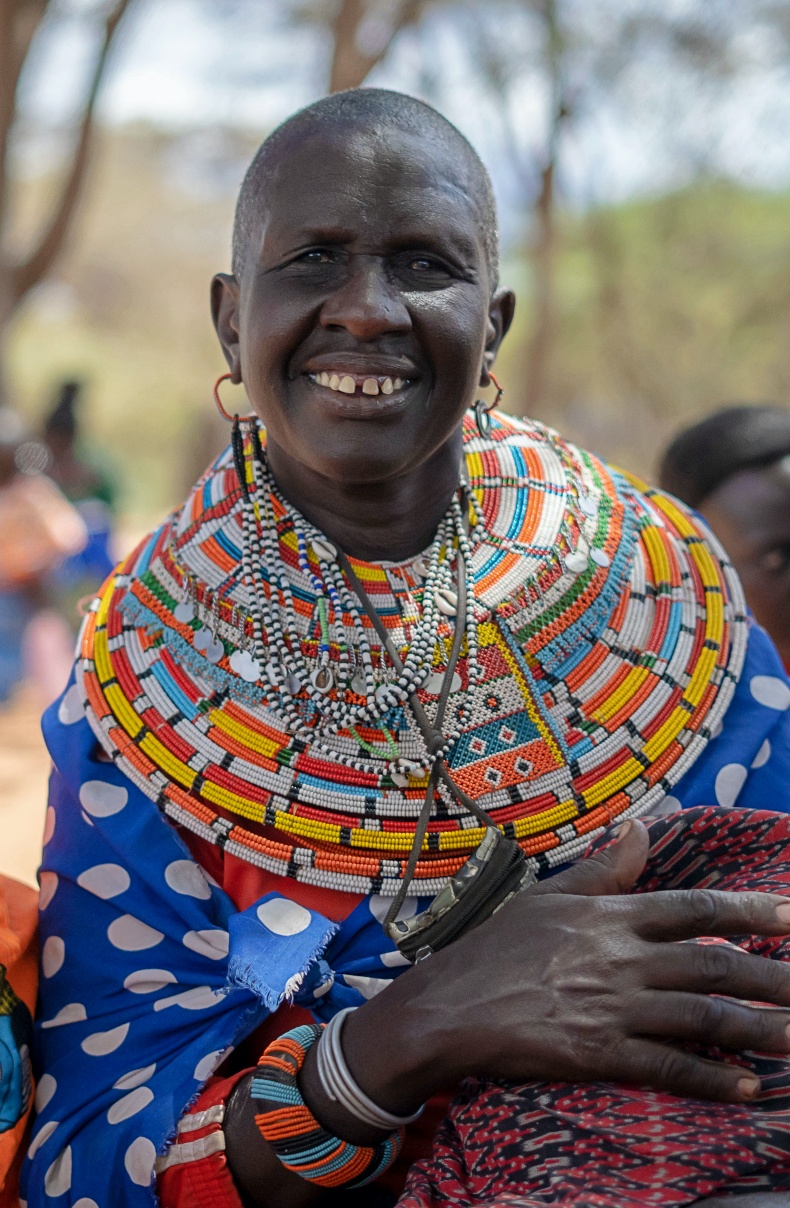
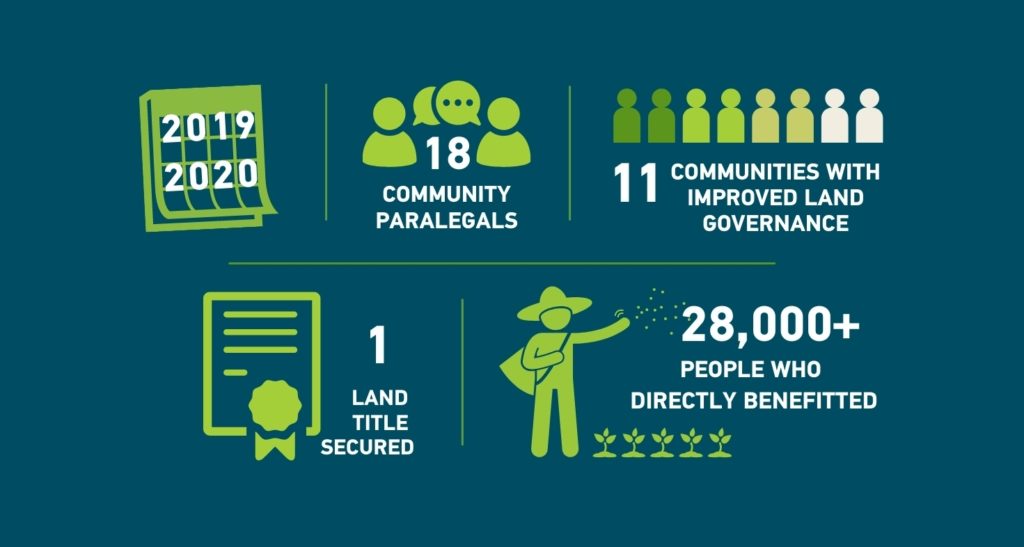
)
)
)
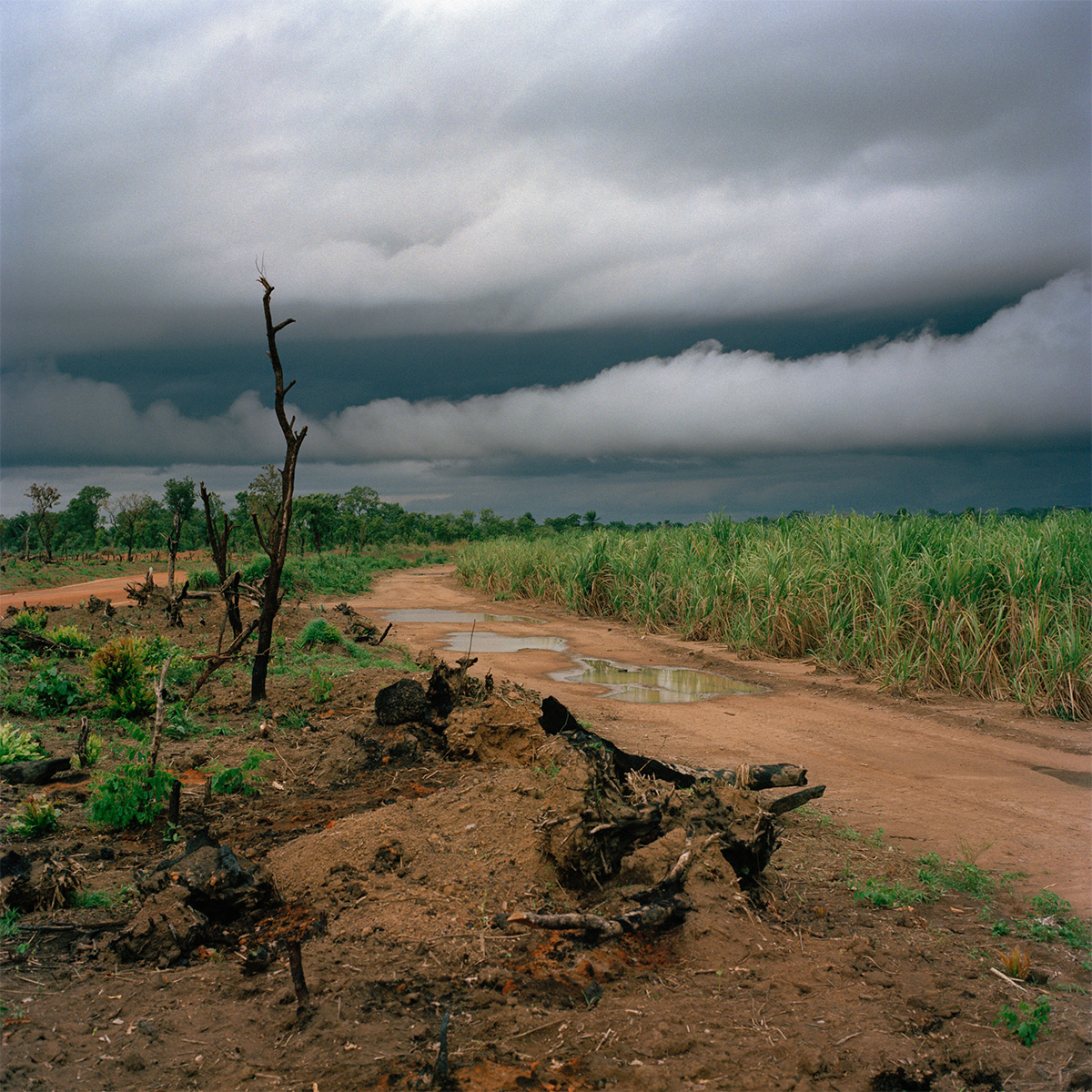)

